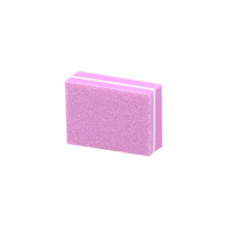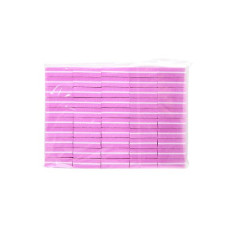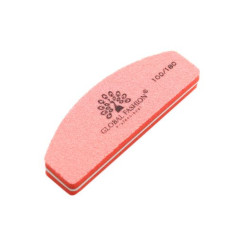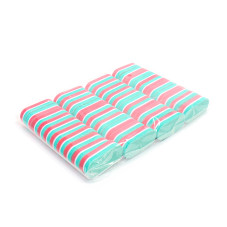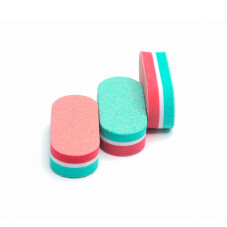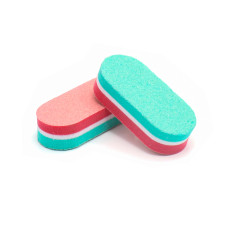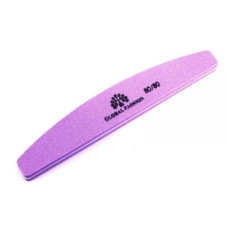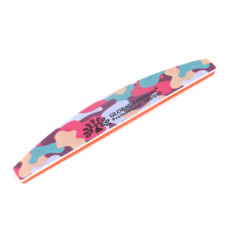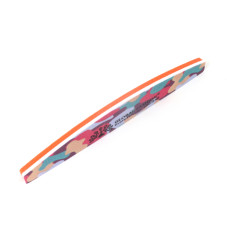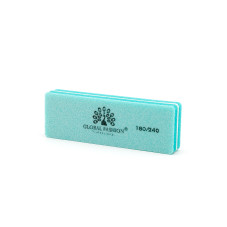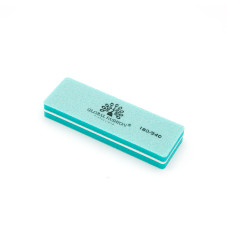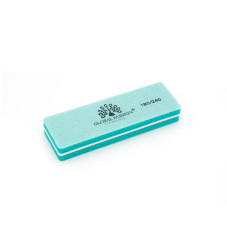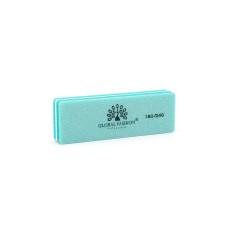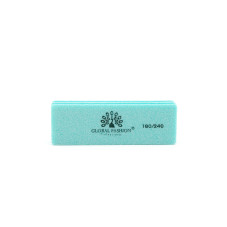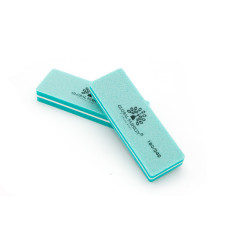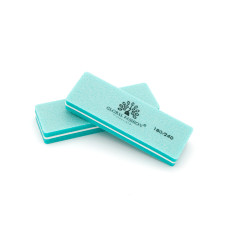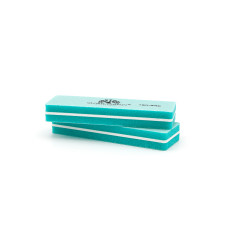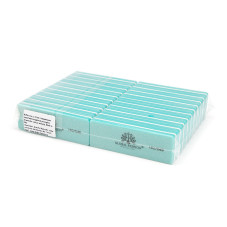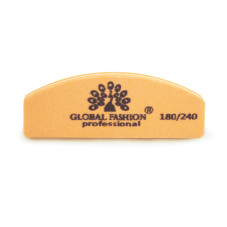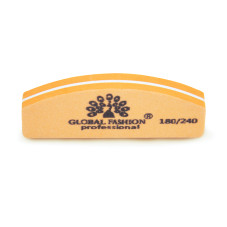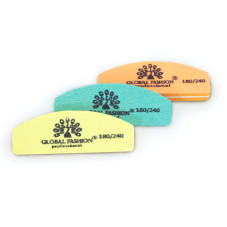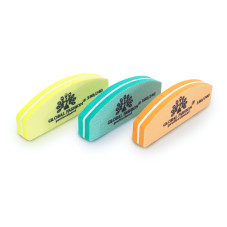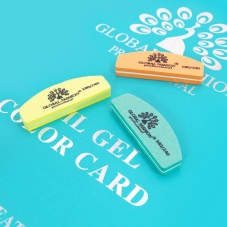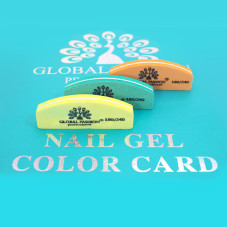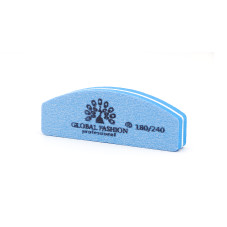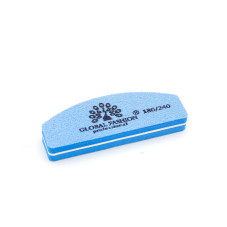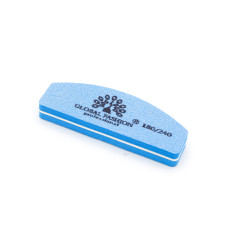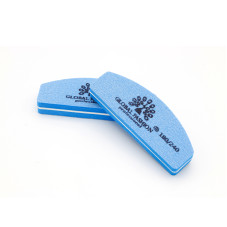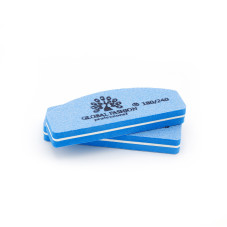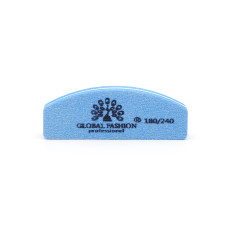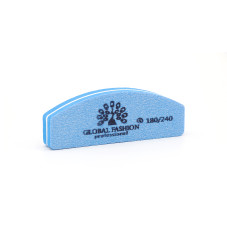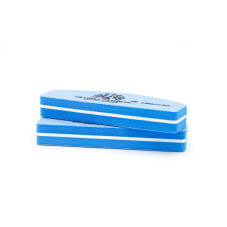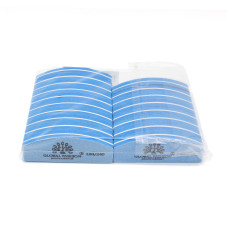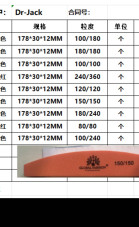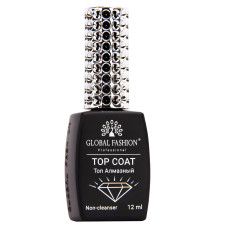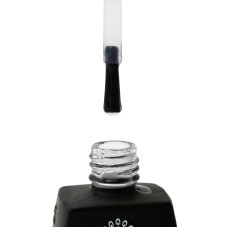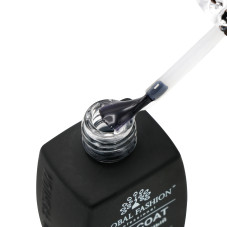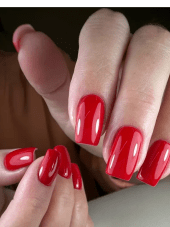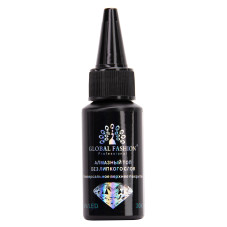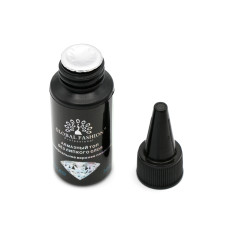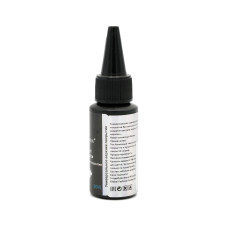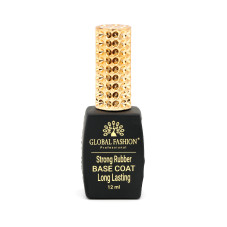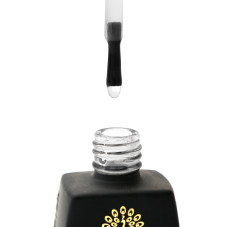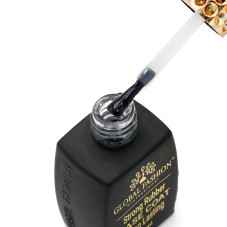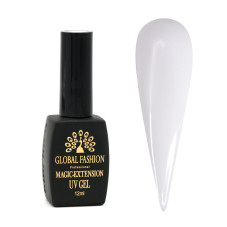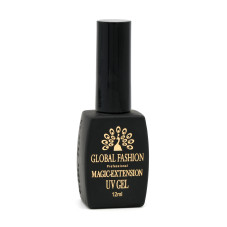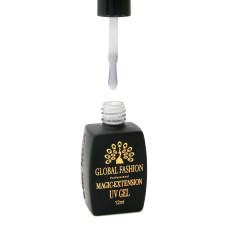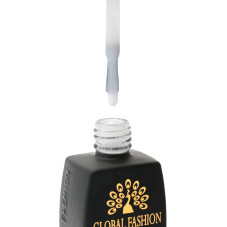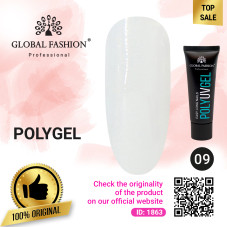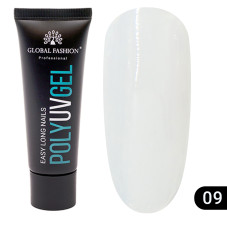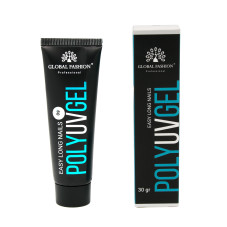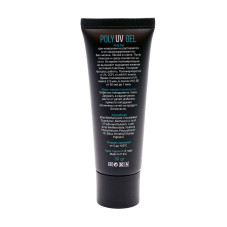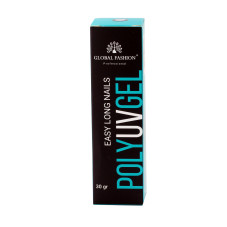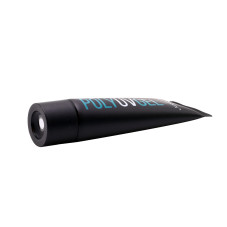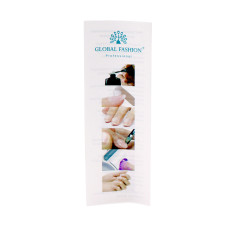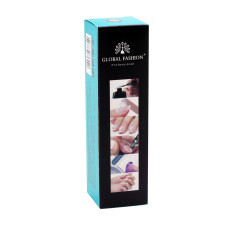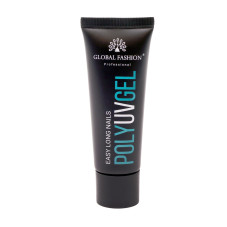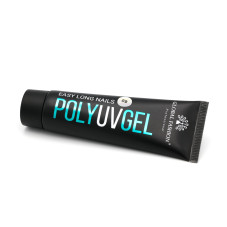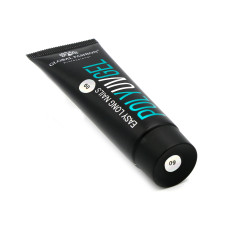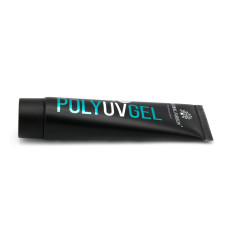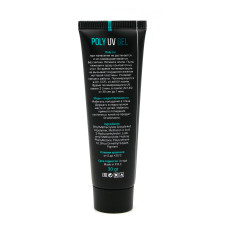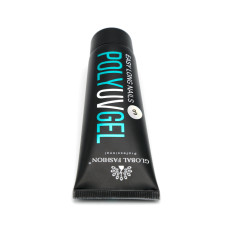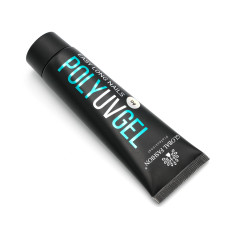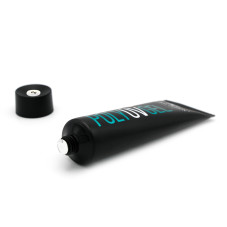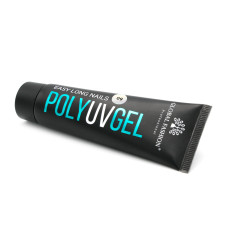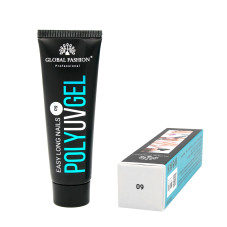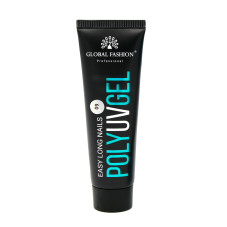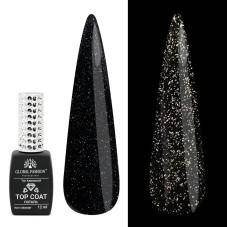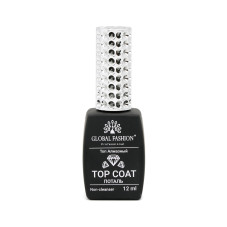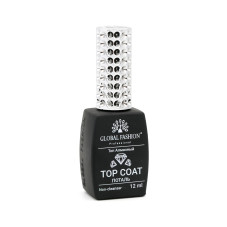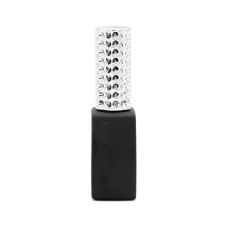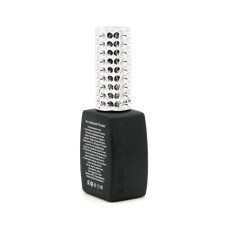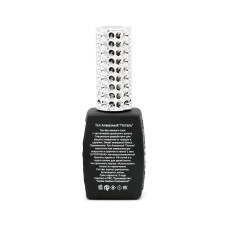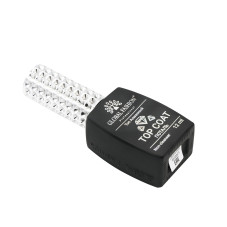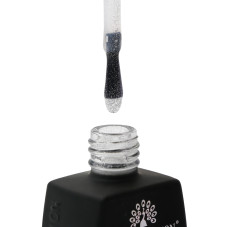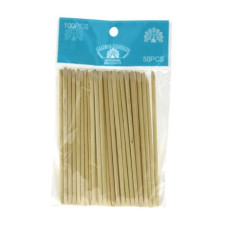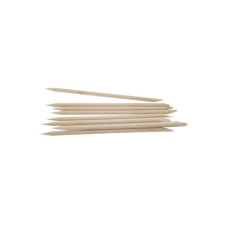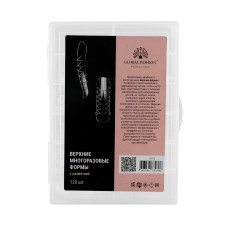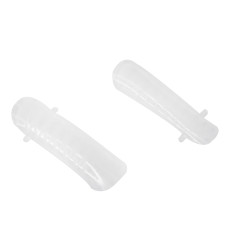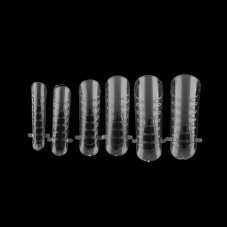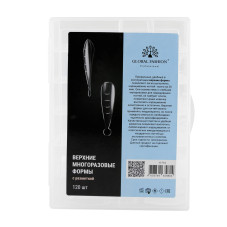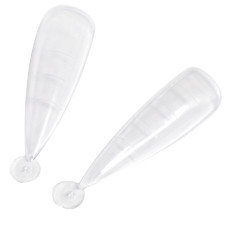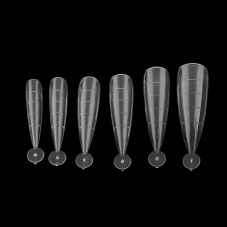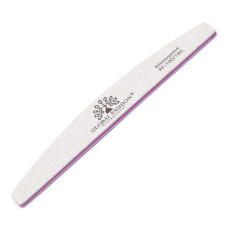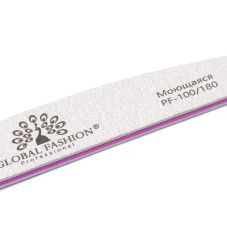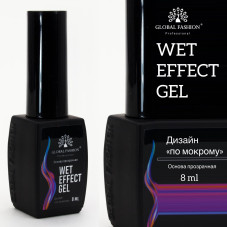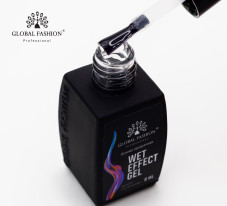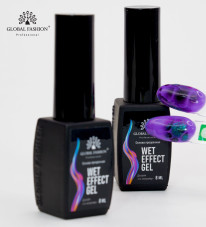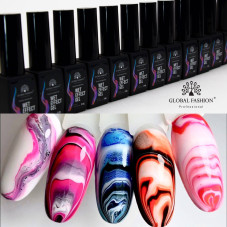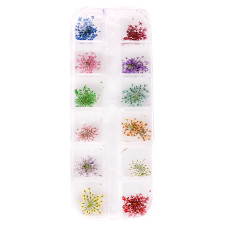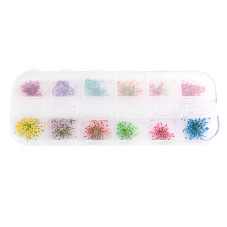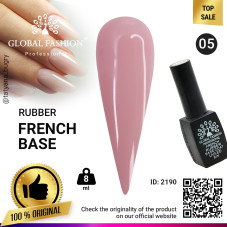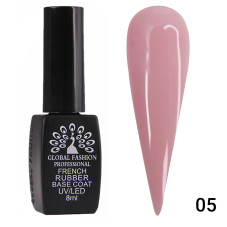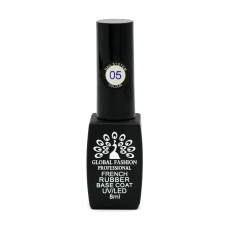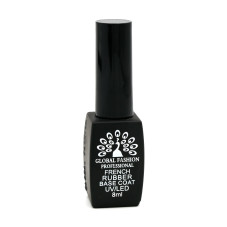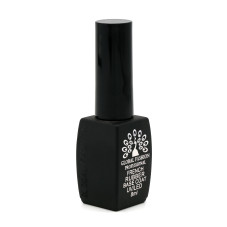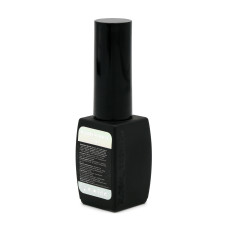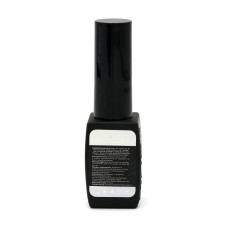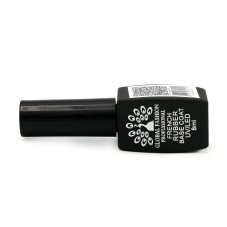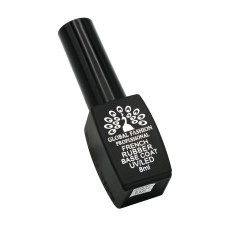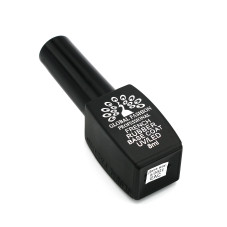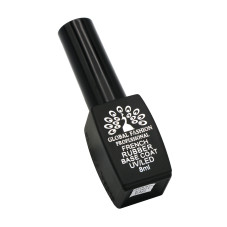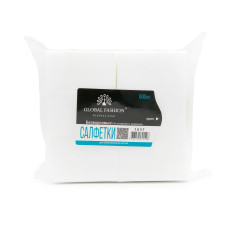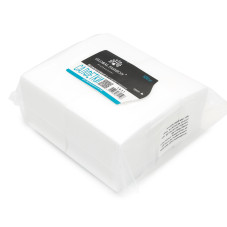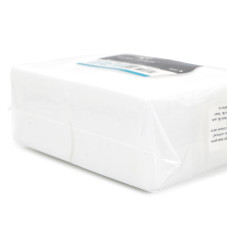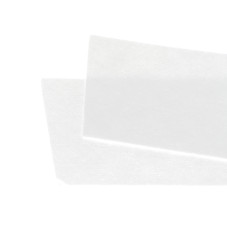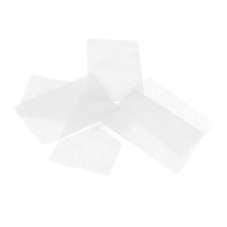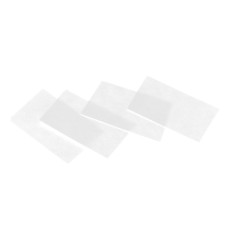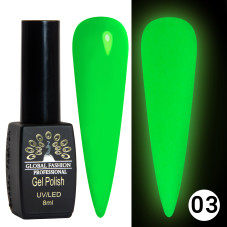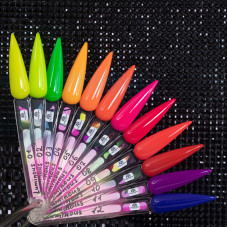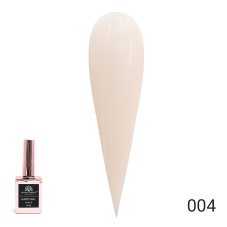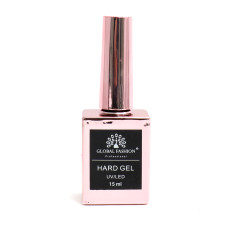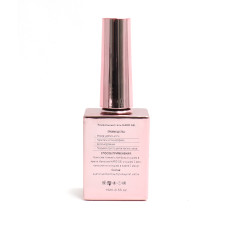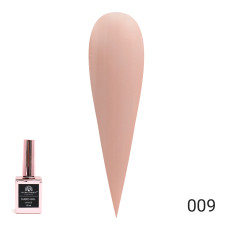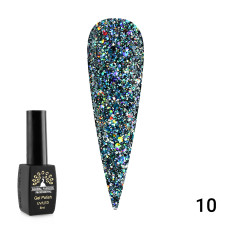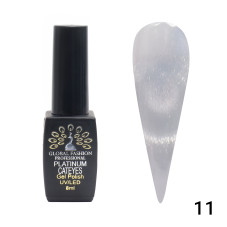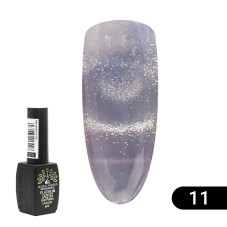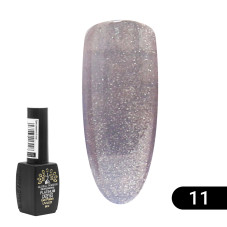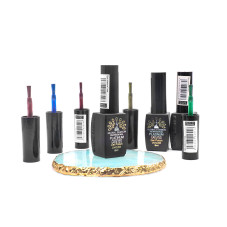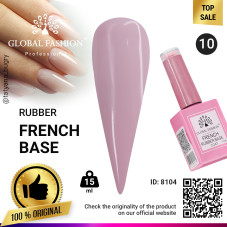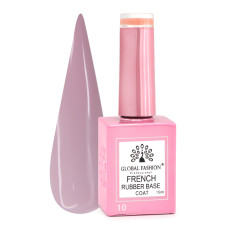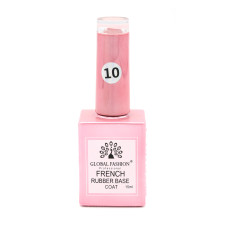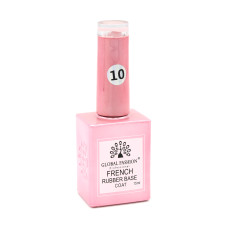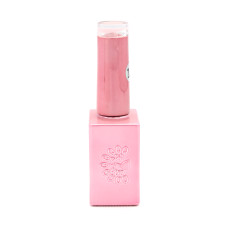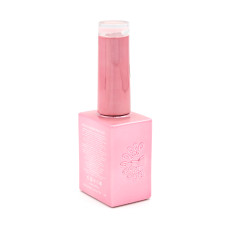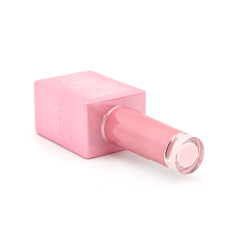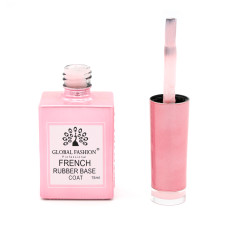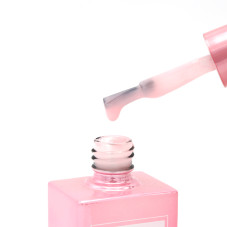Buff
Filters

Color
Clear
roll up
Density
Clear
roll up
Effect
Clear
roll up
257 bought
HIT
ID: 5255
139 с
-10%
194 bought
HIT
ID: 5260
28,93 с
6 bought
ID: 18945
28,93 с
6729 bought
ID: 3678
289 с
3360 bought
ID: 3688
517 с
2341 bought
ID: 1863
362 с
1500 bought
ID: 11773
207 с
405 bought
ID: 18149
193 с
-15%
255 bought
ID: 15998
193 с
-15%
240 bought
ID: 2190
220 с
-15%
194 bought
ID: 11951
207 с
-20%
220 bought
ID: 8104
263 с
-15%
For a manicure to have a high quality and flawless look, experienced craftsmen make sure to use a nail buff. This essential tool is an essential part of every manicure professional's arsenal, as it allows you to polish the nail plate, creating a beautiful and well-groomed nail appearance. Because of its versatility and ease of use, the nail buff has become an important tool in the arsenal of any nail-conscious woman or manicurist.
The nail buff: meaning and function
The nail file is a versatile tool designed for polishing and caring for natural and artificial nails. It consists of a block with various surfaces covered by abrasive material of different grains, which allows to reach the ideal condition of the nails with minimum effort. The nail buff has several sides with different coarseness and is designed for different stages of manicure, including removing excess, smoothing the surface, adding shine and creating smooth and healthy looking nails. However, you must be careful when using the buff to avoid damaging the nail plate. It is recommended to use the buffs gently and not too often so as not to cause unnecessary trauma to the nails.
THE FUNCTION OF THE NAIL BUFF
- Nail shaping: The nail file can be used to shape nails into a specific shape such as square, oval, round and other shapes. It is used to remove sharp corners, smooth edges and create the desired nail shape.
- Polishing: The buff allows you to polish your nails, smoothing and removing small irregularities on the surface of the nail plate. This helps create a smooth base before nail polish is applied, which can improve the look and longevity of a manicure.
- Remove unevenness: A buff is used to smooth out unevenness on the nail plate, such as bumps, sores or rough spots. It helps to make the nail surface smoother and more even.
- Improve circulation: Many nail buffs have special textures or buffing elements that can massage the skin around the nails. This can help improve circulation, stimulate nail growth and promote healthy nails.
- Removing the glossy layer: If you want to remove gel polish or nail polish with a glossy finish, the nail buff can be used to remove the top layer of polish before removing the manicure.
- Prepare your nails for nail polish application: The nail file can be used to prepare nails for polishing by removing nail polish remnants, smoothing the nail surface and creating a base for polish to last longer.
- Brilliance: A buff can give your nails a natural sheen without the use of nail polish. This can be especially useful if you have opted for a natural manicure or want to keep your nails in good condition between manicures.
It's important to use the nail buff correctly, following the instructions and not kinking the nail plate or applying too much pressure to avoid damaging your nails or skin.
Abrasiveness of the nail buff
The nail file has four working sides with different abrasion grades.
- Abrasion 60-80 grit - for working on artificial nails and pedicures.
- 100-150 grit, to achieve smooth and flawless surfaces on artificial nails prior to the application of gel nail polish and to polish nails during the pedicure process.
- 150-240grit abrasion to provide natural nails with the desired length and shape, as well as for buffing of artificial nails.
- Abrasion of 300grit and above: for gentle buffing of natural nails.
The manicure file has four sides, each of which is designed for a specific function in order to provide maximum care for your nails.
1st side is used as a regular nail file to give the nail the desired shape.
2nd STONE is used to gently remove unevenness from the nail plate to make it smooth and even.
3rd STORAGE is for buffing to remove the finest nail imperfections and make your nails even smoother.
The 4th prong of the tool is used to polish nails to a shiny finish, giving them a well-groomed and elegant look.
What material is the nail buff made of?
The nail file base can be made from a variety of materials, including:
- Plastic: Popular, budget-friendly and long-lasting tools which can be easily sterilised.
- Silicone: These can be easily cleaned and disinfected, are durable and affordably priced.
- Suede: These are of poor quality and can not be disinfected.
- Fabrics: Have a limited shelf life, are prone to warping quickly and cannot be sterilised.
How to use a manicure buff?
Here are a few steps to follow when using a manicure buff:
- Step 1: Prepare your nails
Make sure your nails are clean and dry before starting the procedure. If there is any nail polish or oil residue on them, remove it with nail polish remover or acetone. Then shape your nails by gently pushing the cuticle away and giving your nails the desired shape.
- Step 2: Clean the nail plate
Use a manicure brush or cotton pad dampened with water to thoroughly clean the nail plate of dust, dirt and skin debris. This will help create a smoother surface for the next steps.
- Step 3: Polishing
Take a manicure buff and start polishing your nail plate with light circular motions. Be careful not to press too hard to avoid damaging your nails. Polish your nails until you achieve the desired level of gloss. Many manicure buffs have several different sides with varying degrees of coarseness, so you can use them alternately, starting with the coarser side and ending with the softer side to achieve the best results.
- Step 4: Finishing
After polishing your nails with a manicure buff, you can apply a non-greasy hand cream or nail oil to moisturise and protect them. You can also apply nail polish or another decorative finish if you like.
It's important to remember that it's not advisable to use the manicure buff too often, as this can cause peeling and damage to your nails.
Where to buy Global Fashion nail buff in Russia or in Moscow?
Welcome to our online shop! We are pleased to offer you a wide range of nail buffs from the official manufacturer Global Fashion. In our catalogue you will find various nail buffs, which are suitable for all types of nails. We carefully monitor the quality of our products so that you can achieve flawless results in your manicure routine.
If you have any questions, our support team is always on hand to help. Our team will provide you with quick and expert assistance at any time.
We thank you for choosing our shop and we are sure that you will be satisfied with the quality of our products and service. Enjoy shopping with us and have fun caring for your nails!
Buffing Nails: The Importance of this Nail Extension Tool When it comes to nail extensions, there are a variety of tools that are needed to create the perfect extension. One such tool is the buff. Buffing nails may seem like an easy task, but it's a crucial step in the application of all nail extensions. Using this tool correctly is essential for giving the nails a smooth surface for the application of the extension. The buff is typically a small, rectangular-shaped tool that can come in various grits, ranging from fine to coarse. It's designed to smooth out the surface of the natural nail, removing any ridges or bumps that may cause the extension to lift or peel. This process is called "dehydrating" the nail, as it removes the natural oils and moisture from the nail bed to create a better adhesion surface. Buffing your nails before applying extensions has many benefits that may not be immediately apparent. First, it helps prevent the extension from lifting or peeling by creating a smooth, even surface for the adhesive to bond with the natural nail. Secondly, it removes any surface irregularities, lumps or bumps, which makes it easier to achieve the desired nail application. This makes the nail extension look more natural and aesthetically pleasing. Buffing nails also helps to "rough up" the nail surface, which is essential for acrylic nail extensions. Acrylic nails need a rough surface to properly adhere to the natural nail, else they will lift, peel or slide off. Buffing before applying acrylic nails improves the adhesive's grip, and it creates the necessary roughness to allow the acrylic material to stick to the nail more easily. Have you ever wondered why some nail extensions don't last as long, or why they may pop off with a slight touch or impact? The reason may be that you or the technician incorrectly buffed your nails, creating a surface that is unable to adhere to the extension fully. This is why buffing is essential for long-lasting, aesthetically pleasing nail extensions. In conclusion, buffing your nails is one of the necessary steps to creating beautiful, long-lasting nail extensions. It's a simple process that can help create a smooth, even surface for the extension to adhere to, preventing lifting or peeling. Proper buffing with the appropriate grit can result in a beautiful extension that lasts for weeks without any issues. So remember, if you want to have picture-perfect nail extensions, don't forget to incorporate the buffing process into your nail application routine.
